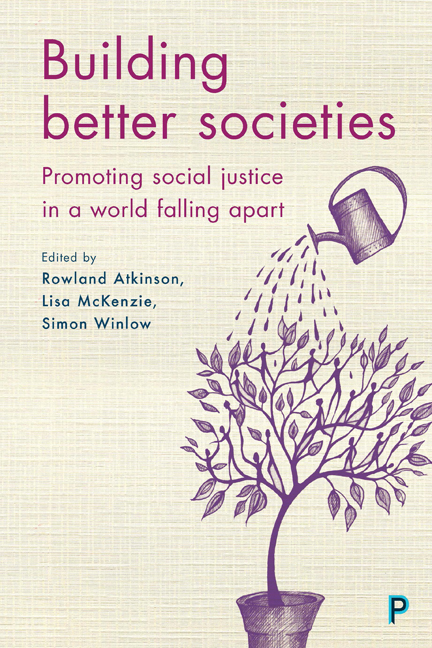One - Who would not be for society?
Published online by Cambridge University Press: 05 April 2022
Summary
If you have a garden and a library, you have everything you need. (Cicero, Ad Familiares IX, 4, to Varro)
Who would say they are not ‘for’ society? Society shapes our expectations of life. It informs our values, our behaviour, our dreams and our ambitions. The communities and networks that form an integral part of society give life colour and connect us emotionally to others. It is almost impossible to construct a positive vision of our lives without these things. What kind of life would we imagine for ourselves as individuals without such affective relationships, without obligations to others, and without affiliations to the various networks and groups that form the fabric of our daily lives? What would it be like to deny ourselves as individuals – and ‘ourselves’ as a collective – the advantages generated by health, education and other public, social or municipal services, such as roads, police forces or parks? It is clear that our lives would be reduced or impoverished without them. When faced with calls to break collective identities and to roll back the frontiers of the state, we should pause for a moment and think about the various kinds of damage that are wrought upon the lives of others, our own lives, and the life that we all share together when we are told to focus only on our individual interests and when forms of public provision are withdrawn.
The central argument of this book is that these kinds of taken-for-granted shared privileges are being increasingly disremembered, and often actively dismantled, by the current ascendancy of social and political ideologies that celebrate individuality and achievement as though they can somehow be extracted from their social, political and economic contexts. Such ideologies, often drawn together under the banner of neoliberalism, can be understood ostensibly as celebrations of individual autonomy. However, the call to increase individual freedom by decreasing the size of the state has, since the 19th century, acted to cover up a cruder concern to extend the economic freedoms of those who have already amassed significant wealth and privilege. On the surface of things, we are all supposed to benefit from tax cuts and a reduction in state spending.
- Type
- Chapter
- Information
- Building Better SocietiesPromoting Social Justice in a World Falling Apart, pp. 1 - 12Publisher: Bristol University PressPrint publication year: 2017

